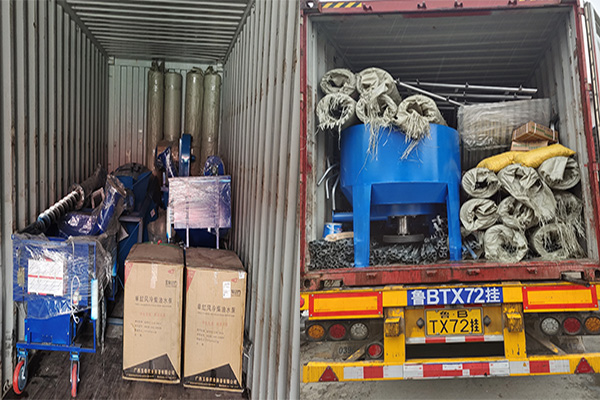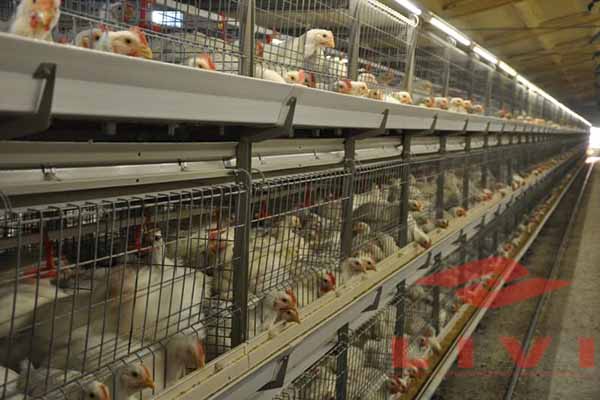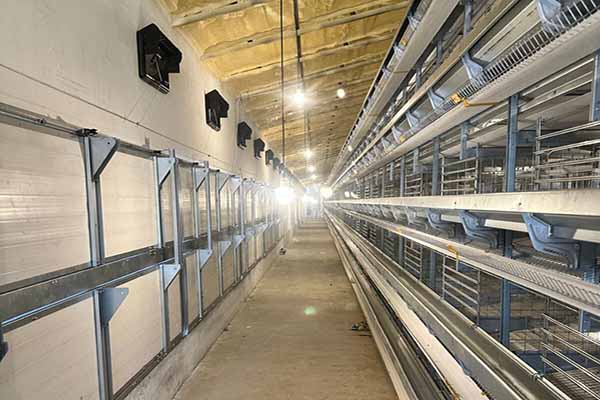How to Increase Egg Production in a 30000 Layers Poultry Farm in Ghana?
Running a successful 30,000 layers poultry farm in Ghana requires strategic planning, efficient farm management, and the right equipment to maximize egg production. With the increasing demand for eggs in Ghana and across Africa, improving productivity and ensuring high-quality eggs is crucial for profitability. In this guide, we will explore key strategies to enhance egg production, focusing on optimal housing, nutrition, disease management, and the benefits of using LIVI poultry cages and automated egg collection systems.
1. Provide Optimal Housing Conditions
A well-structured poultry house plays a crucial role in enhancing egg production. Consider the following factors:
- Ventilation and Temperature Control: Proper airflow ensures the layers remain stress-free, reducing heat stress that can lower egg production.
- Lighting Program: Layers require 16 hours of light daily to maintain high egg-laying rates. Implement artificial lighting if natural daylight is insufficient.
- Stocking Density: Overcrowding can lead to stress, feather pecking, and decreased egg yield. Maintaining an appropriate stocking density is essential for optimal performance.
2. Provide a Balanced and Nutrient-Rich Diet
Proper nutrition is essential to maximize egg production. Poultry farmers should ensure:
- High-Quality Feed: A balanced diet with the right protein, vitamins, and minerals improves egg quality and quantity.
- Adequate Calcium Supply: Calcium is crucial for strong eggshell formation. Incorporate calcium sources like limestone or oyster shells into the feed.
- Clean and Fresh Water: Ensure a constant supply of clean water, as dehydration can significantly reduce egg production.
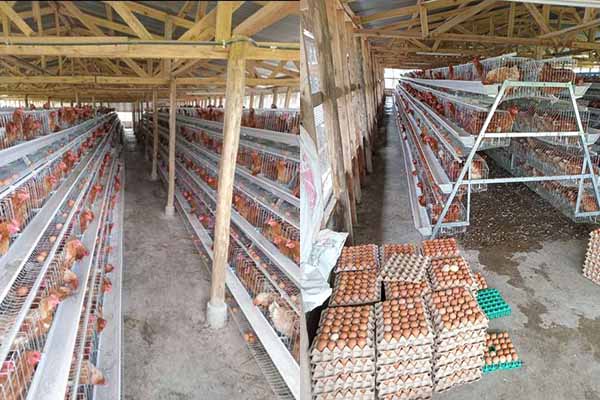
Poultry Battery Cages
3. Effective Disease Control and Biosecurity Measures
Disease outbreaks can cripple egg production. Implement strict biosecurity measures such as:
- Vaccination Programs: Protect layers against common poultry diseases like Newcastle disease and infectious bronchitis.
- Regular Health Monitoring: Identify early signs of diseases and provide timely treatment.
- Sanitation and Hygiene: Regular cleaning and disinfection of the poultry house minimize disease risks.
4. Use High-Quality Poultry Cages for Efficient Egg Collection
Modern poultry farms rely on advanced housing systems for efficiency and productivity. LIVI poultry cages offer numerous benefits, including:
- Optimized Space Utilization: Increases stocking capacity while maintaining bird comfort.
- Reduced Egg Breakage: Sloped cage floors allow eggs to roll safely to collection points, reducing losses.
- Easy Manure Management: Manure removal systems reduce ammonia buildup, enhancing bird health and egg production.
5. Implement Automated Egg Collection Systems
Manual egg collection is time-consuming and labor-intensive. LIVI’s automatic egg collection systems streamline operations, ensuring:
- Higher Efficiency: Reduces labor costs and minimizes egg handling.
- Better Egg Quality: Prevents contamination and breakage, ensuring clean and intact eggs.
- Time Savings: Faster collection allows farmers to focus on other critical aspects of farm management.
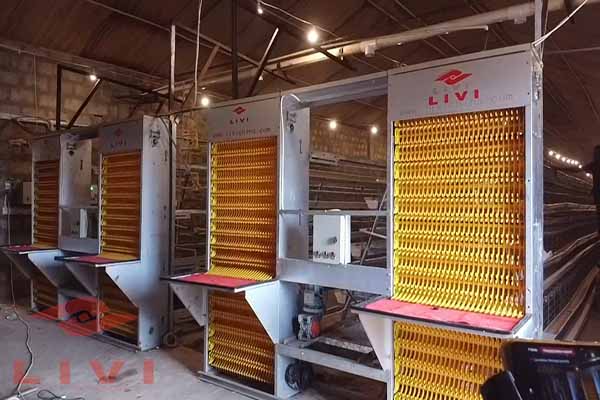
Automatic Egg Collection System
Conclusion
Increasing egg production in a 30,000-layer poultry farm in Ghana requires a combination of good farm management practices, proper nutrition, disease control, and modern equipment. Investing in LIVI poultry cages and automated egg collection systems enhances productivity, reduces labor costs, and ensures high-quality eggs for the market. By implementing these strategies, poultry farmers can maximize profitability and meet the growing demand for eggs in Ghana and beyond.
For more information on LIVI poultry cages and automation systems, contact us today and take your poultry business to the next level!



